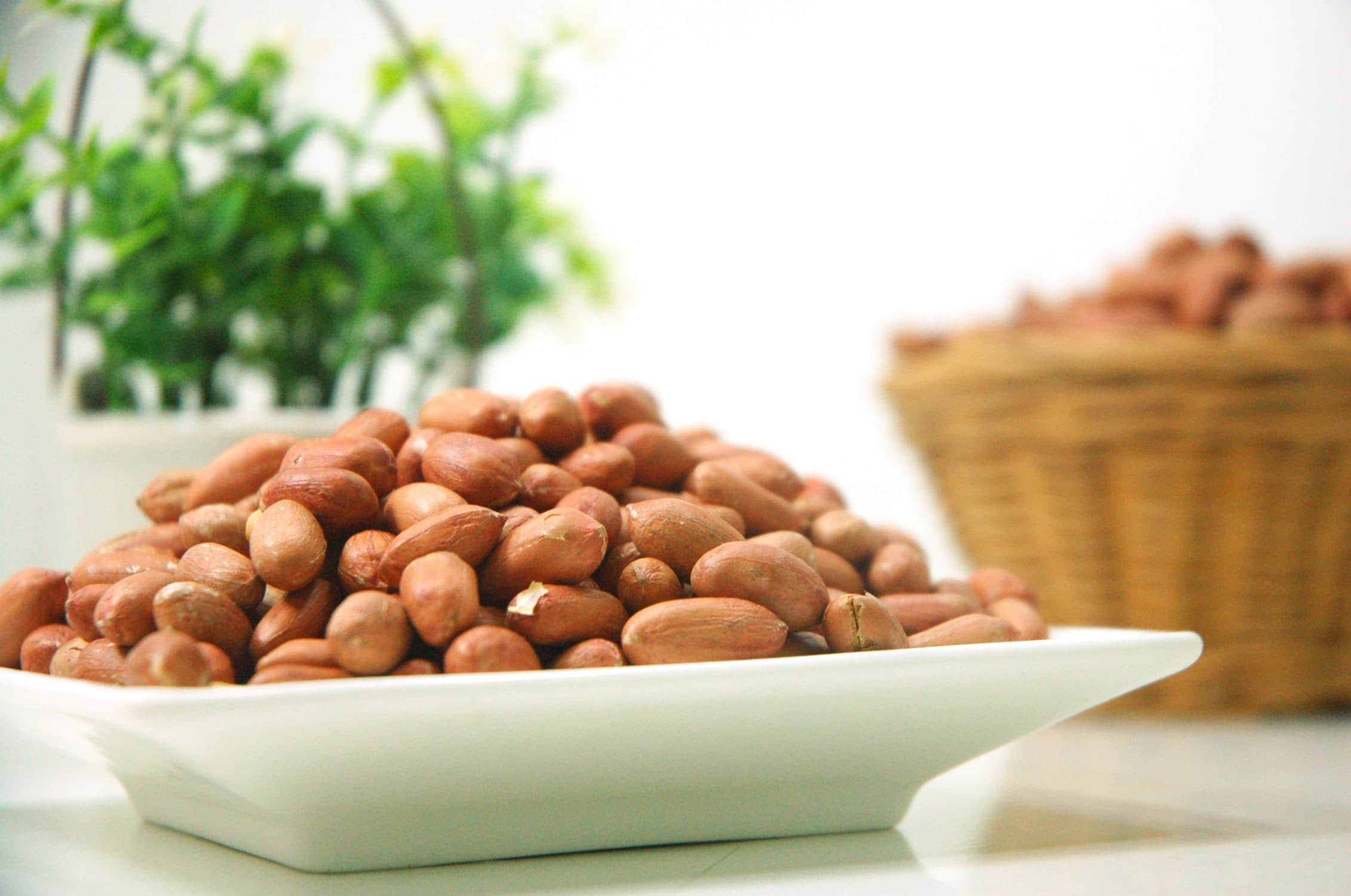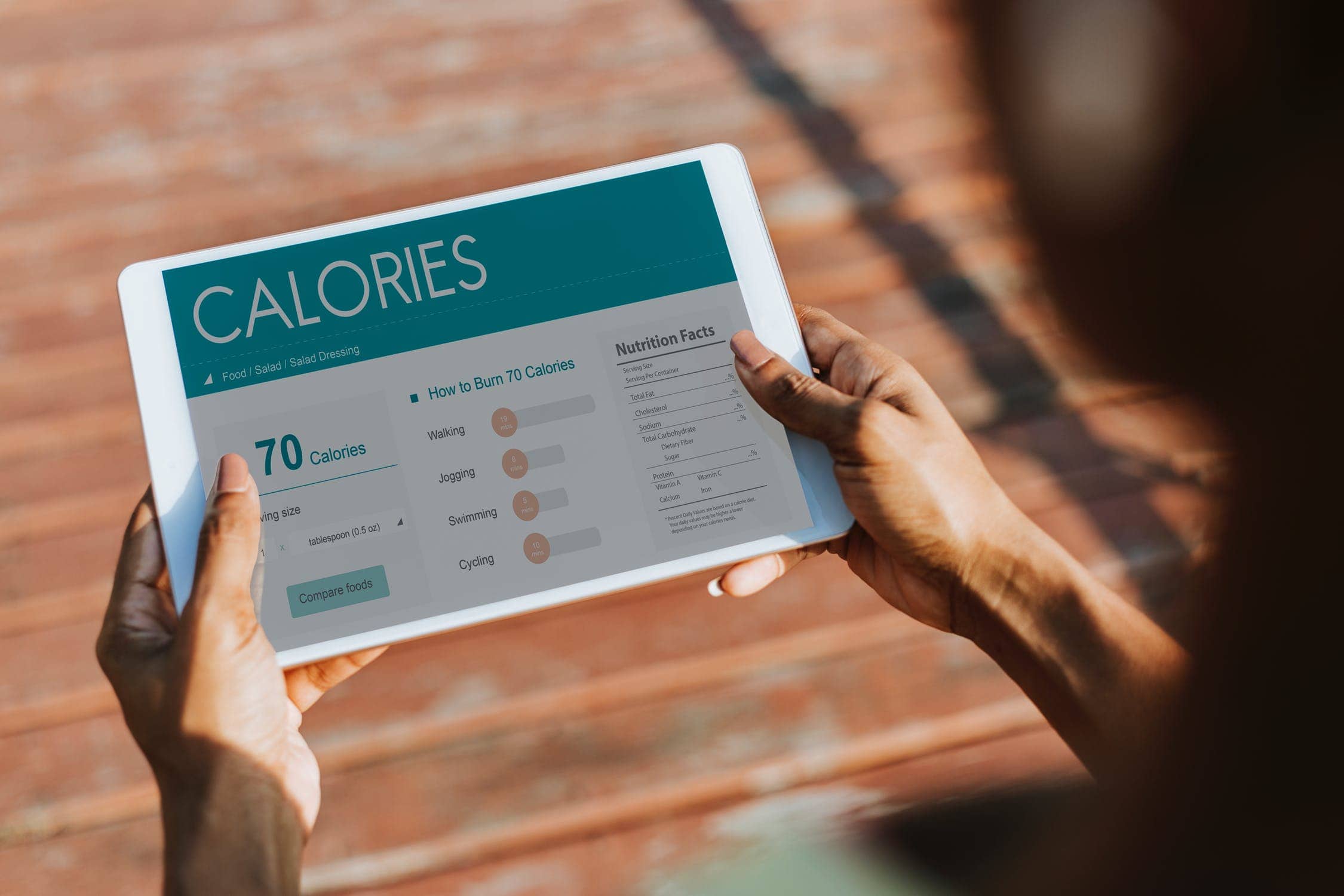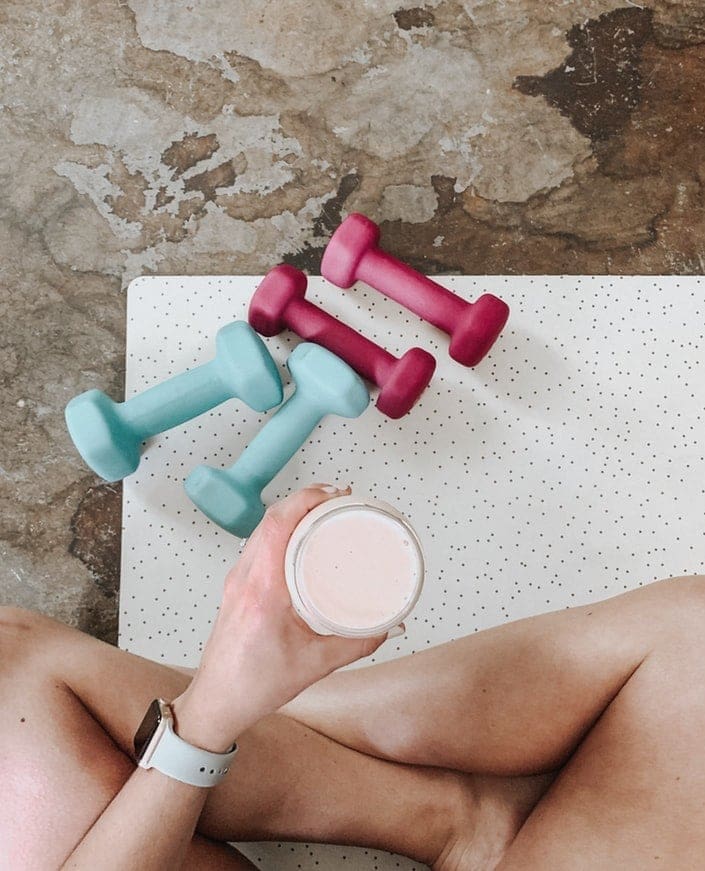Think there is no way to find complete protein sources on a strictly vegan diet? Think again. Sure, not everyone would agree with your diet choice, and some might even say that a vegan diet is suboptimal for athletes and people who simply want to stay healthy and up their fitness game as the years go by. Leave the haters to their own devices, and instead, focus on perfecting your nutrition so that you don’t miss out on any of the macro and micronutrients that are crucial for your long-term performance and well-being.
Today, we’re tackling protein – specifically, the “problem” of meeting your daily protein requirements as a vegan. Now, it is true that you would have a much easier time if you were an omnivore or even a vegetarian, but that doesn’t mean that you can’t achieve the same results if you make a solid battle plan and stick to it. Here are the six tips that will help you to eat complete proteins on a vegan diet.
Calculate your protein requirements
First things first, you need to know exactly how much protein you should be eating on a daily basis in order to reach your goals. Your daily protein requirements will vary depending on your fitness goals, your sport or exercise routine, your height and weight, and of course, the level of physical activity you go through every single week. Typically, athletes who partake in rigorous training should aim for no less than 0.8 grams of protein per pound of body weight.
That said, researchers and reputable sources in the industry advise athletes, especially those who want to build lean muscle mass, to round that number up to 1 gram of protein per pound of body weight in order to stay on the higher end of protein intake. Say you’re 200 pounds and want to build more muscle. You should aim to eat 200 grams of protein every day to maximize training effectiveness. That’s a lot of protein, so you will need to do some research.
Do your research on complete protein sources

Okay, so, what is a complete protein source? A complete protein source is food that contains all of the nine essential amino acids that complement the 13 amino acids our bodies produce on their own. Together, these create the building blocks of life itself, but most importantly to you gym junkies, they make your muscles grow. This is why it’s imperative to find and eat the best post-workout recovery foods in order to repair damaged muscle tissue and boost hypertrophy.
As a vegan, though, your options are limited, so here’s a handy list of complete protein sources you need in your diet:
- Quinoa.
- Soy.
- Buckwheat.
- Hemp.
- Chia seeds.
- Spirulina.
- Tempeh.
- Amaranth.
- Peanuts.
- Almonds.
- Beans and rice.
- Seitan.
Use natural supplements to meet your daily goals
It’s a nice list of tasty foods, but come on, how many different ways are there to prep quinoa before you start to lose your mind? There are a lot of ways, truth be told, but that doesn’t mean that vegans should rely solely on whole foods to get their macro and micronutrients. Proteins from whole foods have a limited bioavailability rating, meaning there is a limit to the amount of protein you can absorb from plan-based foods.
This is why having a complete vegan protein powder at your side along with a number of vitamin and mineral supplements is essential in maintaining a healthy, complete diet and ensuring that you meet your daily macro and micronutrient requirements. A protein shake can come in handy at various times of the day, but it’s most important to fill up on complete proteins after a challenging workout, in order to kick-start the muscle-building and recovery processes.
Learn to combine protein sources
For vegans, combining protein sources is absolutely essential if you are to achieve your long-term fitness goals. Quite simply, it’s unreasonable to think that you will be able to eat only the complete protein sources every single day, for the rest of your life. This is why you need to use your motivation for diet and exercise and learn to combine complete and incomplete proteins sources in order to add variety to your diet.
Luckily, this is very easy to do – just pick a complete protein source, and add any other plan-based ingredient you like! Be careful, though, you are adding calories and other macronutrients to your dish by doing this, so you will need to equate your calories if your goal is to lose or add size to your frame.
Stick to your routine and manage your calories


While protein intake should be your no.1 priority, it’s still important to remember that your daily caloric intake will determine your weight when you step onto that nasty little thing called the weight scale. Be sure to calculate your daily caloric needs as well, and then simply allocate your proteins, fats, and carbs accordingly. There is no need to push for “as much protein as you can eat”, as protein is calorie-dense and too much won’t get you to add size any faster. Simply stick to the “one gram per pound of body weight” rule, and you’ll be fine.
Now, what about other macronutrients such as carbs and fats? Well, luckily, vegan-friendly diets are usually rich in healthy fats and carbohydrates, and the complete protein sources we’ve mentioned earlier are also abundant with slow-digesting carbs that are just perfect for that sustained energy expenditure you’re looking for.
There are a number of ways you can allocate your macronutrients throughout the day:
- Out of the 100% of your total daily calories, choose to have 40% protein, 40% carbs, and 20% fats. This is your typical macronutrient allocation, and it works well.
- If you’re more of an endurance athlete and you need more glycogen stores in your system for that prolonged energy expenditure, try 40% protein, 50% carbs, and 10% fats.
- If you’re having no problems with muscle retention and growth but need even more energy throughout the day, you can go as low a 30% protein, and as high as 60% carbs, with 10% fats.
Exploring plant-based substitutes
And finally, don’t forget that there are plenty of alternative yummy and protein-rich foods you can try out – foods such as meat substitutes and veggie burgers. You can find these products at almost any supermarket nowadays, and you can expect a quality veggie burger to contain upwards from 10g of protein per patty. Likewise, be sure to explore vegan-friendly “dairy” products such as cheeses to spice up your plate and reintroduce that wonderful taste of salty feta cheese or yummy gouda without consuming any animal byproducts.
Lastly, consider the fact that lab-grown meat is becoming increasingly popular around the world, and that open-minded vegans are increasingly turning to this protein source. Why? Because lab-grown meat has nothing to do with animal cruelty, so you can eat it guilt-free if you wish. While some time will pass until lab meat becomes as affordable as other protein-rich products, be sure to keep an eye out for this potent source of protein as well.
Wrapping up
No matter what others may think about your lifestyle choice, the important thing to remember is that you are doing your best to preserve the natural world around you, and that you can achieve lifelong health if you structure and organize your nutrition properly. Use these tips to get the most out of your diet and use complete vegan-friendly protein sources to take your fitness game to the next level.




